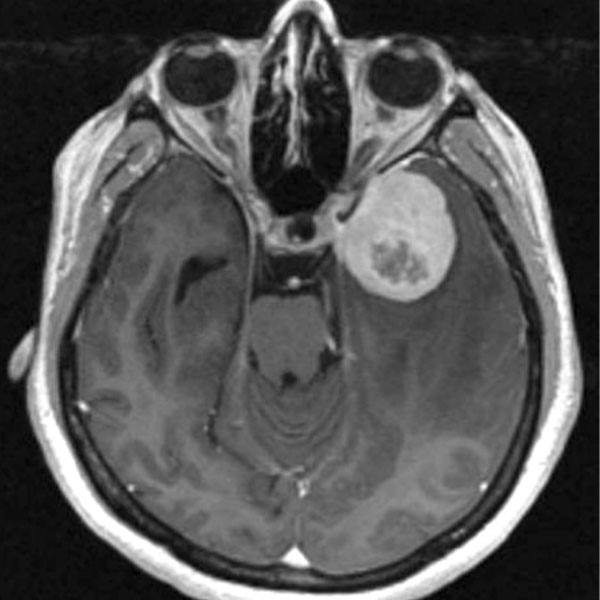-
Protecting Neurons While Fighting Brain Infections
ROCHESTER, Minn. – Like a bull in a china shop, the immune system can cause unintended damage when responding to a brain infection. But new research from the Mayo Clinic suggests there’s a way to protect the china, so to speak.
As it should, the immune system responds to infection than can affect the brain and central nervous system by recruiting cells to identify and destroy the infection, often viral invaders such as West Nile, herpesviruses, or enteroviruses. But with this necessary inflammation, immune cells can inadvertently destroy neurons and disrupt the brain’s circuitry. Although the disease response process includes both protection of non-involved cells and repair, consequences can be long-lasting or permanent, and range from seizures to cognitive impairments.

“Inflammation is not good or bad but rather a combination of both; the same cell that is deleterious at one time point may be critically protective at another,” says Charles Howe, Ph.D, Mayo Clinic neuroscientist and lead author of the study. “Our approach was to protect the neurons without affecting the ongoing fight against the virus.”
In a mouse model of viral encephalitis, Dr. Howe and colleagues demonstrated the efficacy of the drug Ritonavir for the prevention of long term damages after viral infection of the brain. This drug, initially approved by the Food and Drug Administration for treatment of the human immunodeficiency virus (HIV), protected the neurons against inflammation-induced injuries.
Calpain, a protein produced abundantly during inflammation, is known to play a central role in neuronal injuries. In this study, mice undergoing acute viral brain infection were treated with the calpain inhibitor Ritonavir. Treated mice showed a decrease of the number of dead neurons as well as no signs of seizures or cognitive function damages.
“This is the first study demonstrating that calpain inhibitors can protect neurons from inflammation-induced death during acute viral infection. Ritonavir treatment shows promising results in our animal model but its safety and tolerability need to be further investigated,” says Dr. Howe.
The study, “Neuroprotection mediated by inhibition of calpain during acute viral encephalitis,” appears in the journal Scientific Reports. The Mayo Clinic coauthors on this article are Reghann G. LaFrance-Corey, Kanish Mirchia, Brian M. Sauer, Renee M. McGovern, Joel M. Reid and Eric J. Buenz.
The research was funded by the National Institute of Neurological Disorders and Stroke, part of the National Institutes of Health, and a generous gift from Donald and Frances Herdrich.
July 12, 2016







